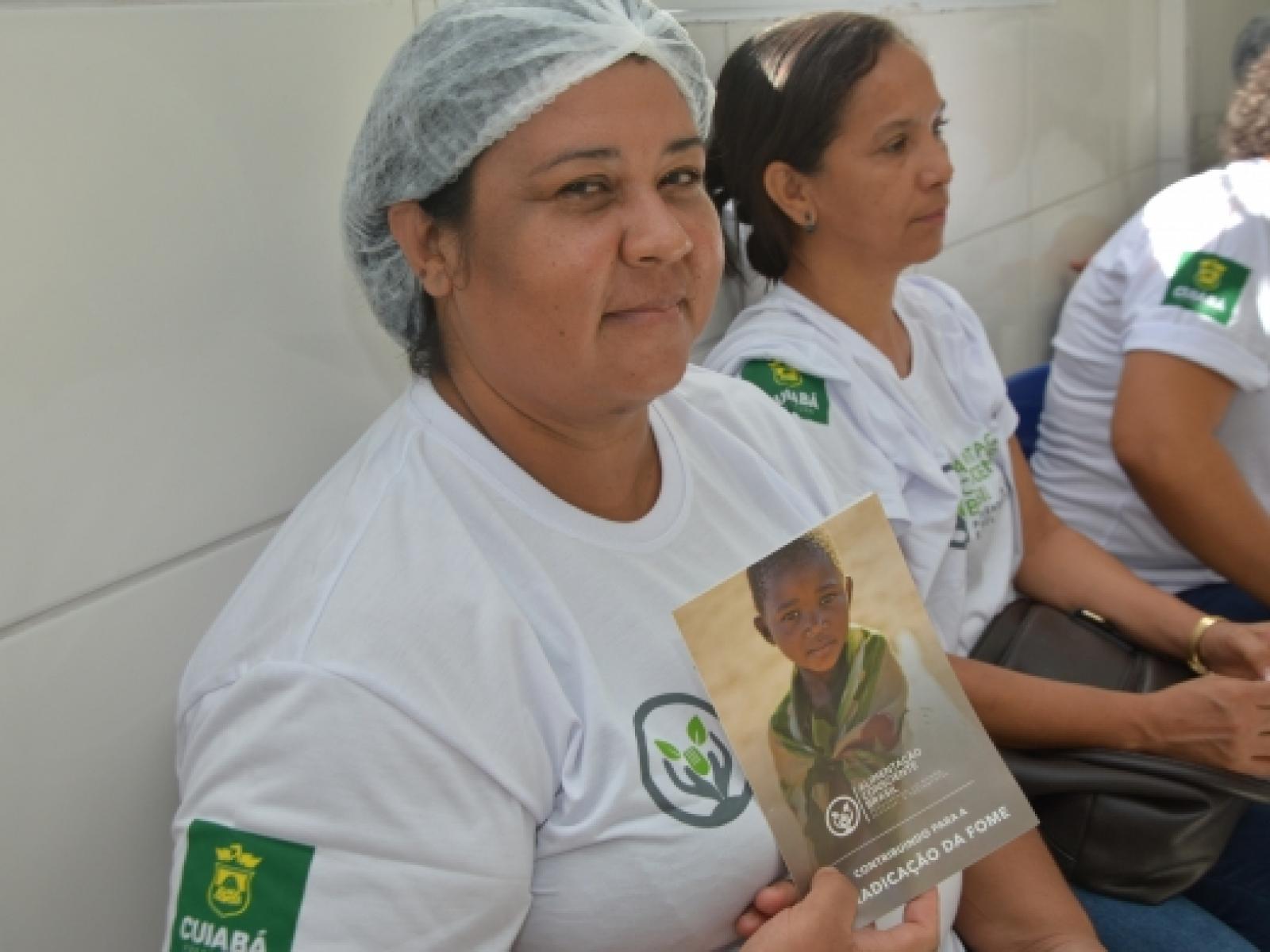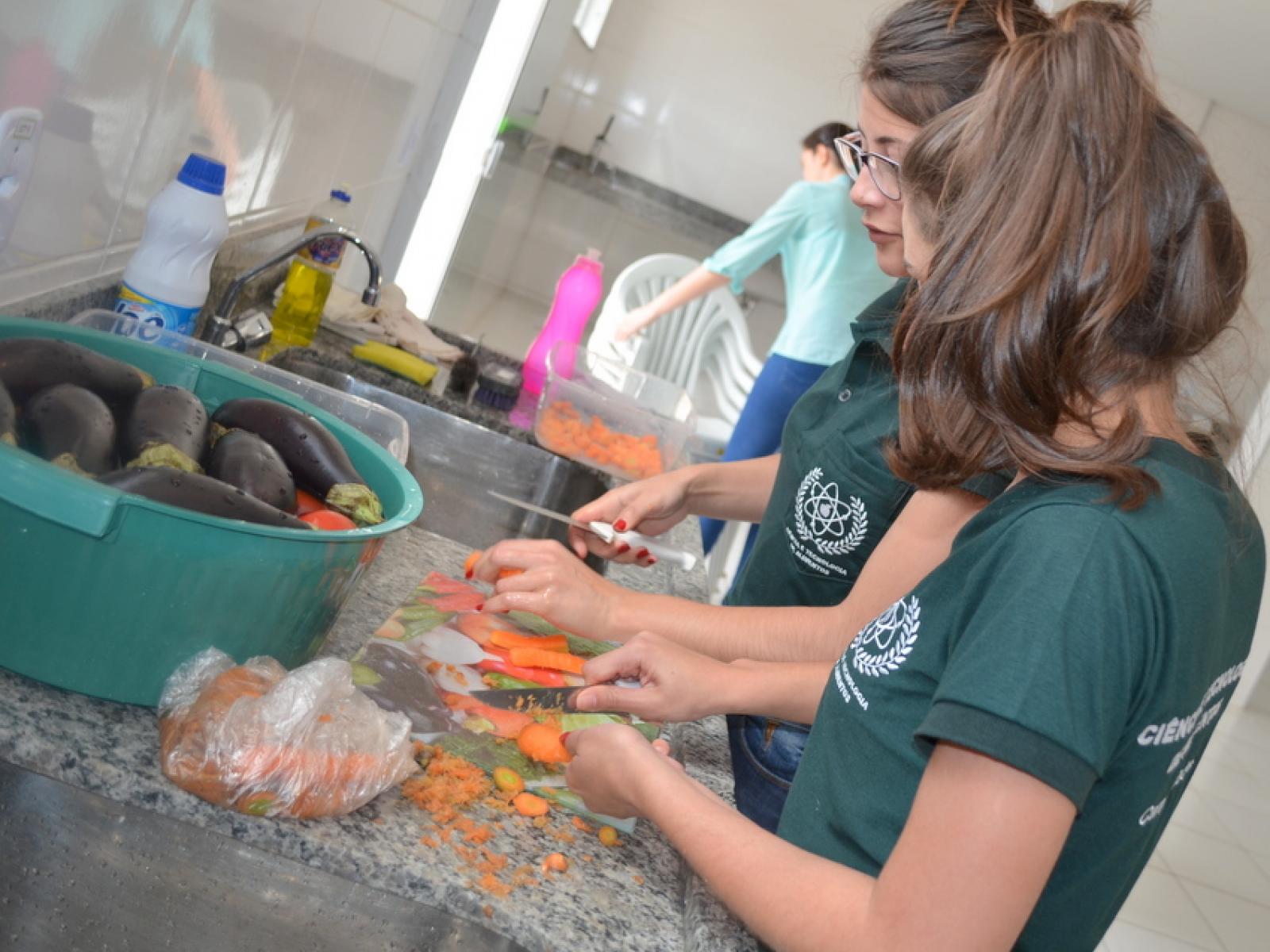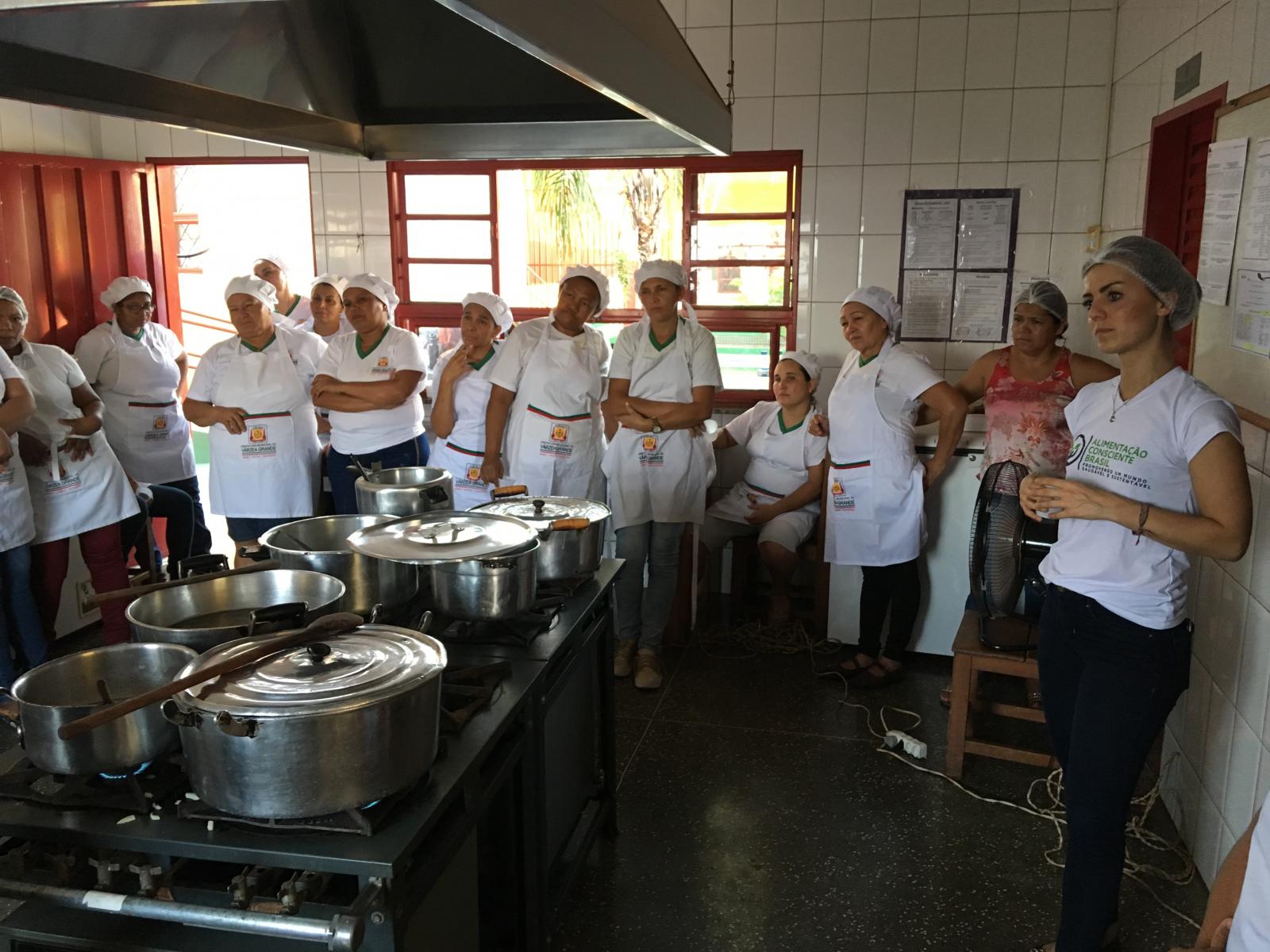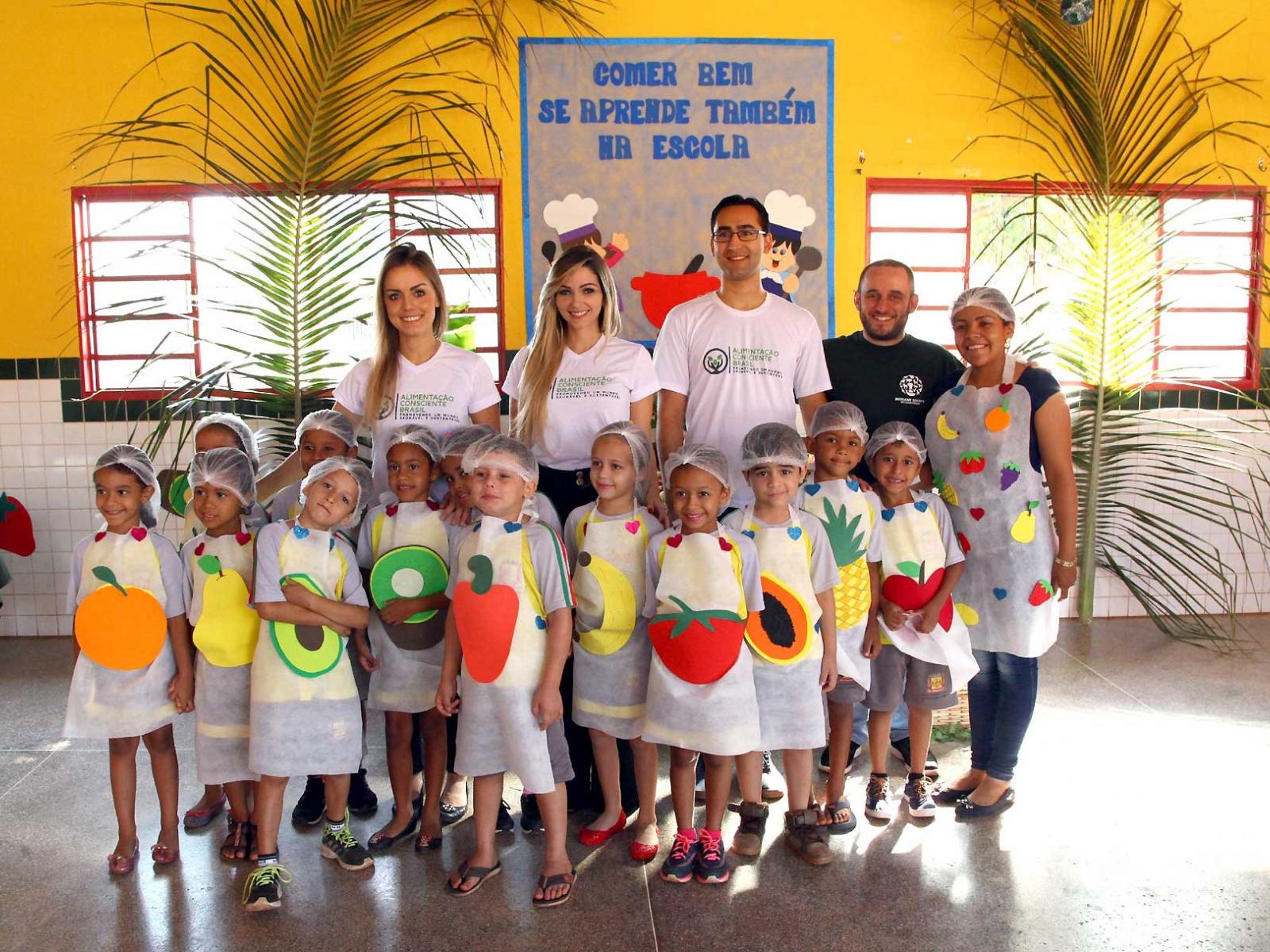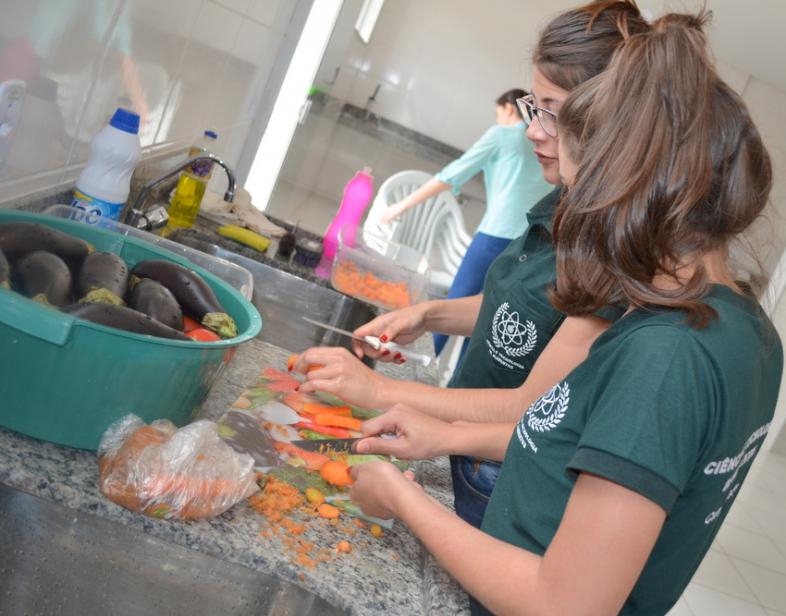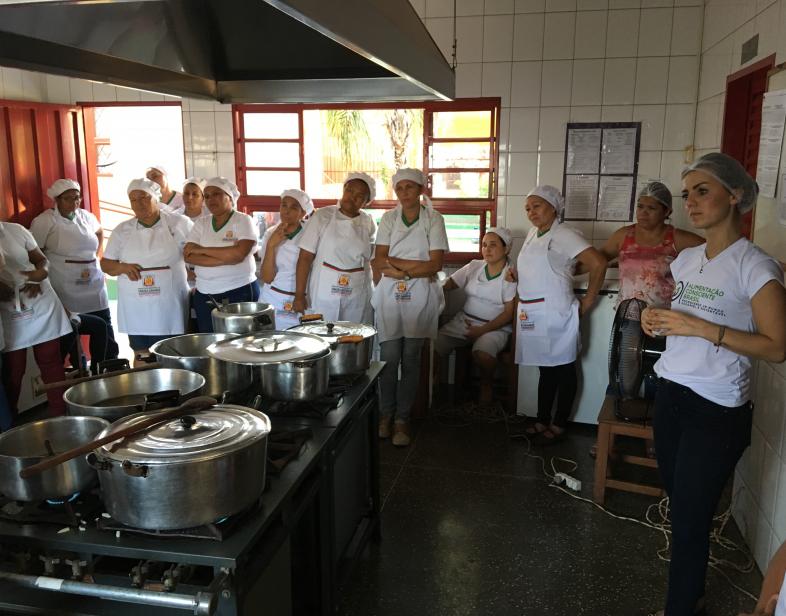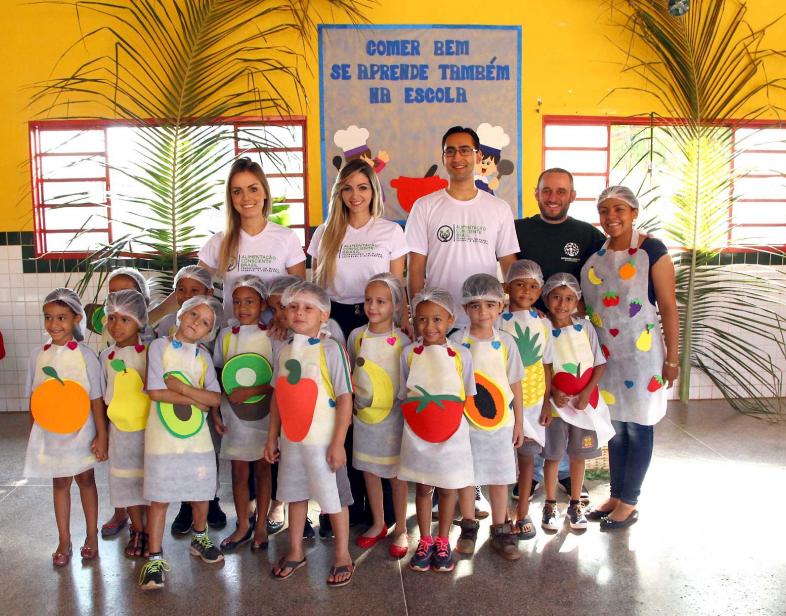An Overview Of Our Solution
Mercy For Animals is an international nonprofit animal advocacy organization dedicated to promoting compassionate, healthy, and sustainable food choices and policies and preventing cruelty to farmed animals. Through a multifaceted approach to tackling cruelty, MFA has reached millions of people, raising awareness and transforming eating habits, laws, and corporate policies. Our global food policy program promotes health and sustainability through institutional meat reduction in places that serve large numbers of meals, such as school districts, universities, and companies. Since the program’s inception, we’ve secured 11 food policy commitments, which will impact more than 25 million meals per year, saving more than 240 million liters of water, preserving more than 15,000 hectares of land, and avoiding more than 50,000 tons of CO2 emissions.
- Population Impacted: At least 25,000 people.
- Continent: South America
Last name
Organization type
Context Analysis
Brazil is one of the biggest players in the world regarding animal production. It is expected to be the third-largest meat producer in the world by 2025 and it has the world’s largest beef company. Brazil raises and kills over 7 billion land animals for food every year. Of this number 30 million are cattle, 42 million are pigs, 6 billion are chickens, and 140 million are egg-laying hens. We urgently need to change this, because the planet cannot sustain such massive production. We damage the soil, deplete fresh water, and pollute the air. We consume products filled with antibiotics. And we abuse animals in horrific ways on an enormous, industrial scale. Vegetarianism and meat reduction are growing, but still only a few organizations or programs concentrate on introducing a plant-based diet into schools and companies throughout the country to promote large-scale change. We believe the path to a brighter and kinder future is through education.
Describe the technical solution you wanted the target audience to adopt
The Conscious Eating program is an economical and highly applicable solution for diverse organizations. Any place that serves food can adopt it. We believe it to be one of the easiest and most effective solutions for reducing livestock production, which consequently reduces greenhouse gas emissions, animal exploitation, and water pollution. It also has educational aspects to raise awareness about the impact that current standards of meat consumption have on our health and environment. The program entails replacing at least 20% of all animal ingredients—meat, eggs, and dairy—with plant-based food. This can be done by serving only plant-based options one or more days a week or by decreasing the overall amount of animal ingredients in menus. Since the program’s inception, we’ve secured 11 commitments affecting 1,939 institutions. Once implemented, this will spare 550,000 animals per year. These commitments are equivalent to inspiring over 25,000 people to go and stay vegan.
Type of intervention
Describe your behavioral intervention
Through mass education and programs like Conscious Eating we believe we can change the thinking and behavior of people with respect to their food choices and the products they buy every day. Through the Conscious Eating program we’re educating a new generation of people on a large scale, showing them that we can replace animal products with food that is healthy and delicious and that helps protect the environment. Once fully implemented, the commitments we currently have will affect more than 25 million meals a year. Through our social outreach and veg support programs, we help people make more compassionate choices and show them that there are alternatives. In Brazil in 2017 we distributed 250,000 informational materials in more than 26 cities. We communicated with 40,000 people seeking help to change. And 135,000 people posted messages or sent emails stating they have changed their attitudes and eating habits. Finally, through our undercover investigations we work to show the public the truth about the painful reality animals endure before they end up on supermarket shelves. It is only through exposure to facts and alternatives that people will consider changing habits and cultural traditions as ingrained as the consumption of meat and dairy. But it is happening. According to recent research, Brazil’s vegetarian movement has grown more than 75 percent in the past six years, and now in 2018 about 14 percent of the population declares themselves to be vegetarian or vegan.
As needed, please explain the type of intervention in more detail
Our undercover investigations, which we combine with legal and outreach activities. When we show the harsh reality of everyday life to animals in farms and slaughterhouses, many people have no idea that such practices are considered customary. By showing the huge impact our eating habits have on our health and the planet, we promote effective diet changes. The CE program is one of our greatest incentives for social change. We do not just want to expose the problem, but offer solutions. Through training and nutritional monitoring we can drastically reduce consumption of animal products. By helping institutions and their leaders promote change and awareness, we help ensure these changes are far-reaching and expand into people’s homes.
Describe your implementation
To advance the Conscious Eating program, we meet with diverse institutions serving meals on a large scale and present to them all the advantages of reducing animal products, such as improving health, sustainability and reducing costs. We secure a commitment from an institution to a 20% reduction in animal products and establish a deadline for implementation. We study their menus and our team of experts suggests new recipes. Once recipes and menus are approved, we provide theoretical and practical training for those involved. Finally, we provide educational materials to be distributed. With the training done and the new menu launched, organizations can continue the program themselves. Our team constantly reviews program management and provides support.
Through reports of product purchases, ongoing relationships with committed organizations, and information from government research, we can ensure the program remains active and assess its development. By focusing on health, we are addressing the four main public health concerns in Brazil: obesity, heart disease, cancer, and diabetes. The program has been very well-received, as it provides support and nutritional training for public school chefs and workers and also provides education for low-income children who often have only the school-provided meal in their day. The program faces some cultural obstacles, because Brazilian society is highly dependent on meat. Many people still find it difficult to understand and accept that plant-based protein substitutes are nutritionally equal to or better than animal-based protein. Brazil is a big livestock-producing country, where companies have great power to influence political and social actions. To overcome this we need time, investment, and a lot of information. We started with efforts in education and programs of social change like the ones we’ve described. Soon we will begin legislative efforts, calling for changes in animal protection laws for animals at factory farms.
External connections
The program needs different stakeholders. Currently the negotiations with entities that wish to adopt the program are held by Mercy For Animals employees. Once an agreement is reached, our nutritionists conduct the training. We work with partner organizations and companies to source or catalyze production of foods in the region that are not of animal origin. We also work with other organizations to create and produce educational materials. Finally, the government provides data used to measure the program’s progress. Other organizations in Brazil have similar programs with different approaches and implementations. The program can financially benefit organizations because it reduces meat purchases and associated costs. New menus can be up to 60 percent cheaper, while being equally or more nourishing than the “traditional” ones institutions typically offer. There’s also an interest in the program among politicians and lawmakers. When an agreement is made with a mayor, for instance, the Conscious Eating program can be implemented at several governmental institutions at once. Several cities in Brazil have agreed to adopt the program in public schools citywide. Each of these commitments affects hundreds of thousands to millions of meals every year.
Who adopted the desired behaviors and to what degree?
Since the program’s inception, we’ve secured 11 food policy commitments affecting 1,939 institutions. Four cities in Brazil (Várzea Grande, Cuiabá, Sinop, and São Gonçalo) and one federal educational institute (IFSULDEMINAS) have already chosen the new recipes and have done the chef training. And except for São Gonçalo, which will launch the new menu in August 2018, they are already serving the new, plant-based meals. The municipality of Niterói has already signed an agreement and chosen the recipes; the chef training will be done in two parts, the first to be conducted in August 2018. Once fully implemented, the 11 policy commitments we’ve secured will spare 550,000 animals per year by replacing 28.4 million meat-based meals with plant-based ones and will affect the lives of countless people, improving their health and their relationships with food and the planet.
How did you impact natural resource use and greenhouse gas emissions?
Raising livestock is one of the main causes of Amazon deforestation (about 90 percent of deforested land is used for cattle), greenhouse gas emissions (livestock alone is responsible for 15 percent of all emissions in Brazil), excessive water consumption, and other environmental issues. With our educational outreach, in nearly 2.5 years we’ve distributed 560,000 pro-veg leaflets in 26 cities in Brazil, our social media posts have been viewed more than 550 million times, and our educational guide about the environment, health, and animal cruelty has been downloaded more than 1.2 million times. The Conscious Eating program will considerably reduce Brazil’s carbon emissions. For the institutions and cities that have already launched the program, the impact is more than 10,000 tons of CO2. Once the current 11 food policy commitments are fully implemented, they will help the country avoid emitting more than 50,000 tons of CO2 into the atmosphere.
What were some of the resulting co-benefits?
By focusing on health, we address four of the main concerns the public health system faces in Brazil: obesity, heart disease, cancer, and diabetes. By talking about sustainability, we help cities and institutions actively work on reducing deforestation, excessive water consumption, and greenhouse gas emissions, while at the same time promoting biodiversity and stimulating fair trade and local agriculture. We address U.N. Sustainable Development Goals 2, 3, 6, 12, and 13, and our focus on these global issues facilitates partnerships and collaboration.
Many of the entities applying the program are public schools in the most disadvantaged regions of the country. Therefore, we promote quality nutrition with training and nutritional monitoring and provide education to positively influence the future for thousands of low-income children. We also give quality information about nutrition and health to public-sector employees from these institutions.
Sustainability
Mercy For Animals is still a new organization in Brazil and therefore much of our necessary funding does not yet come from within the country. We are supported by our headquarters in the U.S. All the funding we receive is from donations. In Brazil we receive 98.9 percent of our financial resources from our headquarters in the U.S., 0.48 percent from donations from vegan or vegetarian organizations in the country, and 0.53 percent from online donations. Therefore, it would be extremely beneficial to have a grant to expand the program and reach even more cities and children.
Return on investment
Our cost per animal spared and meal affected is very low, making this program highly cost-effective and sustainable. Including program and salary expenses, the cost-effectiveness of this program is summarized in the following:
0.84 cents per meal affected per year (or for every $1 spent, 120 meals affected)
43 cents per animal spared per year (or for every $1 spent, 2.3 animals spared)
All past commitments were accomplished by our small team of two staffers in Brazil. In addition to staff salary and benefits, we must cover the costs of in-person meetings required to secure new commitments and chef trainings. Each can cost roughly $1,500, considering costs of travel, lodging, food, and printed materials.
How could we successfully replicate this solution elsewhere?
The program is an economical and highly applicable solution for diverse organizations. In fact, there are some other organizations in Brazil working with similar programs, such as Meatless Monday. We do not intend to keep this solution to ourselves but to spread it throughout other countries as much as possible. We have been successful in both Brazil and Mexico. The program is also being expanded to India and China, with two staffers doing field research to determine strategies and goals for those countries. The program needs additional stakeholders. Today the negotiations with interested institutions are held by Mercy For Animals employees. Once agreements are reached, our team of nutritionists conduct the training. Here is an example of expenses for a team of four in Brazil (includes salary, benefits, travel, and printing): Salary and benefits of 136,000; Travel and lodging of 60,000; Printing of 5,000; Technology of 5,000; Total of 206,000.
